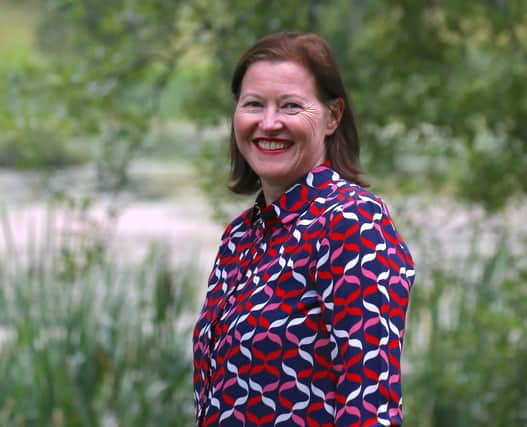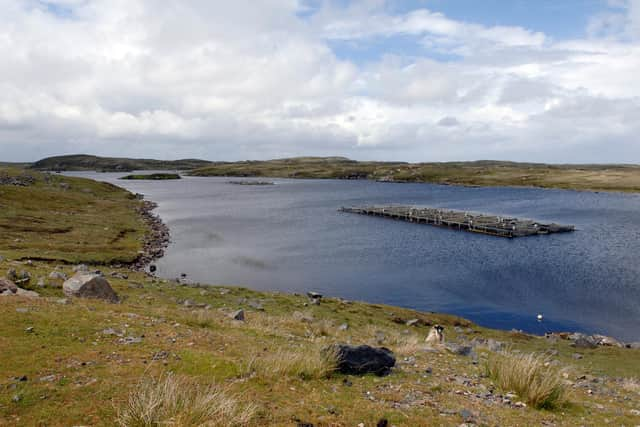Aquaculture can help us be all we can be - Heather Jones


Invoking the concept of self-actualisation inevitably makes many people think of Abraham Maslow’s famous hierarchy of needs – a set of stages that outline what is needed for an individual to become the best version of themselves. However, it can be equally applied to a collective of people as well.
There are many sectors contributing to Scotland’s self-actualisation, but aquaculture is one of the few that can, and is, making a difference at every layer of the pyramid. And, as we look to make Scotland ever more sustainable and we commit to helping others on their journeys too, the sector will only become more significant.
Advertisement
Hide AdAdvertisement
Hide AdAquaculture’s relevance to the base layer of Maslow’s hierarchy – physiological needs, such as food – is obvious. However, the degree to which it can fulfil that need is often under-estimated, particularly in the context of economic development and a growing global population.


We know from a variety of studies that as societies become richer, their diets tend to move away from cheap, easily accessible carbohydrates towards protein-rich foods, such as meat. Although people are increasingly looking at plant-based alternatives, the hard truth is that there is simply not enough cultivatable land to cope with the demand for meat that could follow as more countries develop. A diet based on seafood and plants, known as pescatarian, has been highlighted as a healthy and sustainable choice.
At the same time, capture fisheries are more or less at full capacity without diminishing existing stocks. But, we also know we have a large ocean mass that can be cultivated, whether to farm fish or seaweed as food source or carbon sink. Likewise, we can farm shellfish that feed on nothing more than naturally occurring phytoplankton.
Maslow’s second layer is about safety: providing people with employment, resource, health, and property. Again, aquaculture has a major role to play in a number of ways. For starters, seafood is well-known for its health benefits and generally considered to be better for humans than red meat – with a lower fat content and Omega 3s that are relatively rare in food.
The aquaculture sector is also a significant employer in Scotland – especially in rural and remote communities. In Shetland, for instance, it is the biggest employer after Shetland Islands Council, making a major contribution to the strength of the local community and supporting Maslow’s third tier need of belonging. In fact, aquaculture provides many communities with economic stability and predictability, unlike some of the more seasonal sectors they tend to rely on, such as tourism.
High quality jobs create a cascading effect across the community and provide an anchor for local people. They can also make rural areas more attractive for young people to stay in or move to – and there are lots of rewarding, well-paid jobs in aquaculture, with entry level positions often starting at £25,000 per year.
In my experience, people working in the aquaculture sector have a sense of esteem – Maslow’s fourth layer – around what they do. They have passion for their work, care deeply about their fish and shellfish, and for the environment around them. Fish farmers, like their agricultural counterparts, take pride in looking after the animals in their care and their entire business relies on clean waters and the good health of their stocks.
Making a country all it can be is an incredibly complex task. Scotland is an ambitious and progressive country. Using our lochs and seas for sustainable aquaculture, we can contribute to better nutrition in Scotland and abroad; reverse rural depopulation; provide high-skilled, well remunerated employment; and support communities – all of which can make Scotland all it can be, a more self-actualised nation.
Heather Jones, CEO of the Sustainable Aquaculture Innovation Centre (SAIC)
Comments
Want to join the conversation? Please or to comment on this article.